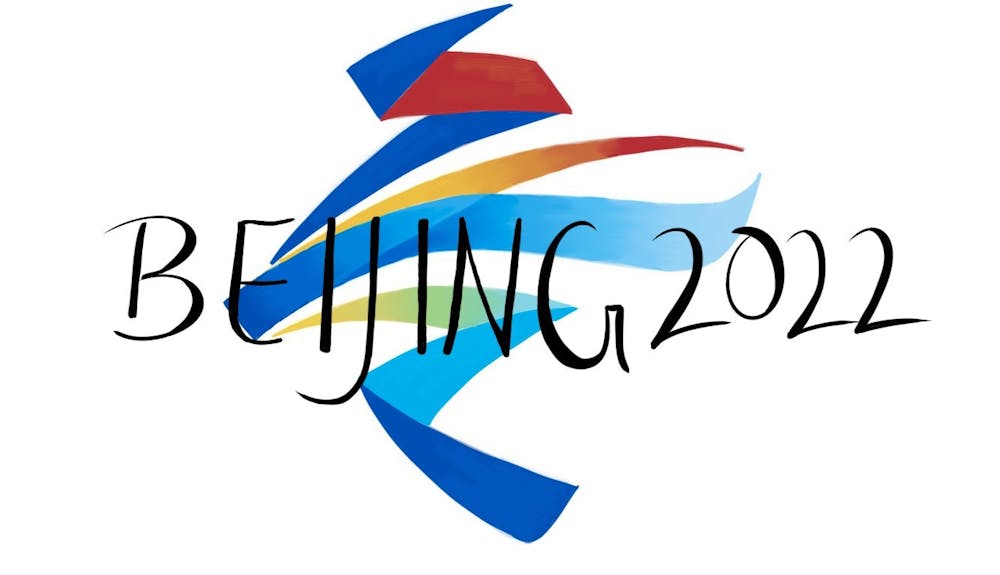By Soorin Kim
Correspondent
The world was in shock when fifteen-year-old Kamila Valieva was allowed to compete in this year’s winter Olympics despite testing positive for performance-enhancing drugs. Sports commentators called it a slap in the face to contestants playing clean, and the Olympics committee finally conceded that should Valieva earn a medal, she would not receive a victory ceremony.
This past July, a similar situation played out but received a drastically different public reaction.
Sha’Carri Richardson, an American sprinter, tested positive for marijuana use and was banned from competing in the upcoming summer games. Her fans were outraged, arguing that the U.S. Anti-Doping Agency’s list of banned substances was out of date and unreasonable. Despite the backlash, Richardson accepted the punishment and did not compete — though she was highly favored to win a medal.
After Valieva’s controversy, Richardson and her supporters were quick to social media, demanding an explanation for this blatant hypocrisy which was seemingly based solely on race. In response, officials cited the differences which allowed Valieva to compete, such as the fact that two different countries and agencies processed the athletes’ test results and ultimately made two distinct decisions based on different regulations.
Additionally, Valieva’s test results were published after she had already competed in a team event at the games which lent her more sway in appealing to the Olympic committee to allow her finish the competition. But others still defended the runner, asking why had Valieva’s results been published two months after they were taken while Richardson’s were published after only a week?
It seemed like suspicious timing and weak arguments that relied on the “fragile” figure of the young white woman.
There is the question of the difference between the drugs the two athletes used. Valieva ingested trimetazidine — a heart medication that aids in the metabolism of some fatty acids. The drug may ease chest pain brought on by strenuous exercise and thus help with endurance or stamina.
Richardson, on the other hand, admitted to smoking cannabis — a drug that is on the banned substance list because it may slow athletes down and lead to poor decision making. The effects of cannabis are contrary to the purpose of performance enhancers.
Illustrating the facts of the two cases, a laughably obvious hypocrisy emerges.
While nobody explicitly favored Valieva over Richardson in the processing and publication of test results because the two are overseen by different agencies, the scandal still paints America in a distasteful light. This country’s anti-doping board remains not just out of touch with the court of public opinion, but also out of touch with modern science.
Nowadays we know more than ever about the effects of marijuana usage. In the days of reefer madness, Americans believed a host of lies concocted through propaganda that led to the demonization of both the drug and African Americans. This prejudice is still deeply ingrained in the current day values of this nation.
However, due to scientific evidence of the relative harmlessness of cannabis ingestion, more and more Americans are using marijuana, or at least destigmatizing the drug.
Cannabis is now legal in twenty U.S. states and territories, though African Americans still grapple with the negative association some white people uphold through subtle actions like the suspension of Sha’Carri Richardson.
Richardson is a talented young woman who was likely to win the country a medal, yet was suspended due to antiquated and arbitrary rules.
Even if the timing of the publication of her test results were similar to that of Valieva’s, I doubt that Olympic officials would let her compete as the Russian skater was allowed to do.
America needs to learn a lesson from the Beijing Olympics and from Richardson’s story.
The numerous scandals orbiting the games have led many astray from the patriotic picture America attempts to draw every four years. If this country wants to continue to use international sports as a way to gain leverage and maintain its status in the eyes of its own citizens, it needs to understand their values and adhere to them.
The Olympics constantly set new limits for the lengths of human achievement, but they stunt their own progress when they do not innovate.







